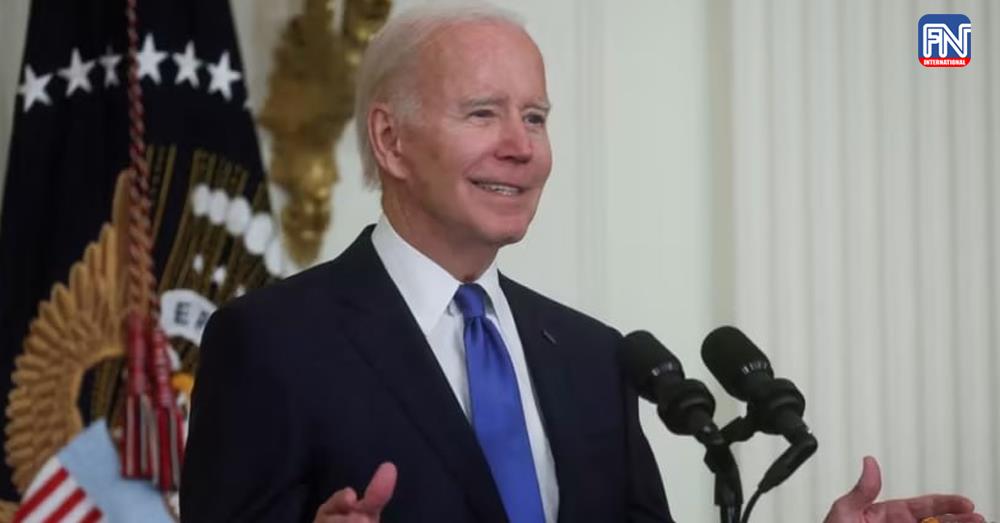ALBUQUERQUE, Aug 8 (Reuters) - US President Joe Biden said on Tuesday (Aug 8) he would be traveling to Vietnam "shortly" because the country wanted to elevate its relationship with the United States and become a major partner.
Biden made the remarks while speaking at a political fundraiser in New Mexico.
Asked about Biden's announcement, a White House spokesperson said there was "nothing further to share at this time."
At a meeting in April, Vietnamese Prime Minister Pham Minh Chinh and US Secretary of State Antony Blinken expressed a desire to deepen ties as Washington seeks to solidify relations with partners in Asia to counter an increasingly assertive China.
Blinken had expressed the hope then that this could happen "in the weeks and months ahead."
Washington has been working to elevate ties with Hanoi to a "strategic" partnership from one that for the past decade has been called "comprehensive," although Vietnam has been cautious, given the risk of antagonising China, a giant neighbor that supplies key inputs for its vital export trade, or Russia, another traditional partner.
Biden told a fundraiser in Maine on Jul 28 that he got a call from the "head of Vietnam" who "desperately wants to meet with me when I go to the G20," referring his plans to travel to India for a summit of the grouping due to be held in New Delhi on Sep 9-10.
"He wants to elevate us to a major partner, along with Russia and China," Biden said then, in what analysts say was a reference to the chief of Vietnam's ruling Communist Party Nguyen Phu Trong, who the US president spoke with by phone in March.
Officials have not said what the closer relationship might entail, but experts say it could include increased military cooperation and US weapons supplies.
Washington and US defense firms have openly said they want to bolster military supplies to Vietnam - so far largely limited to coastguard ships and training aircraft - as the country seeks to diversify away from Russia, which remains its main supplier.
Military deals with the US face potential hurdles, however, including the possibility of their being held up by US lawmakers critical of Vietnam's human rights record.





